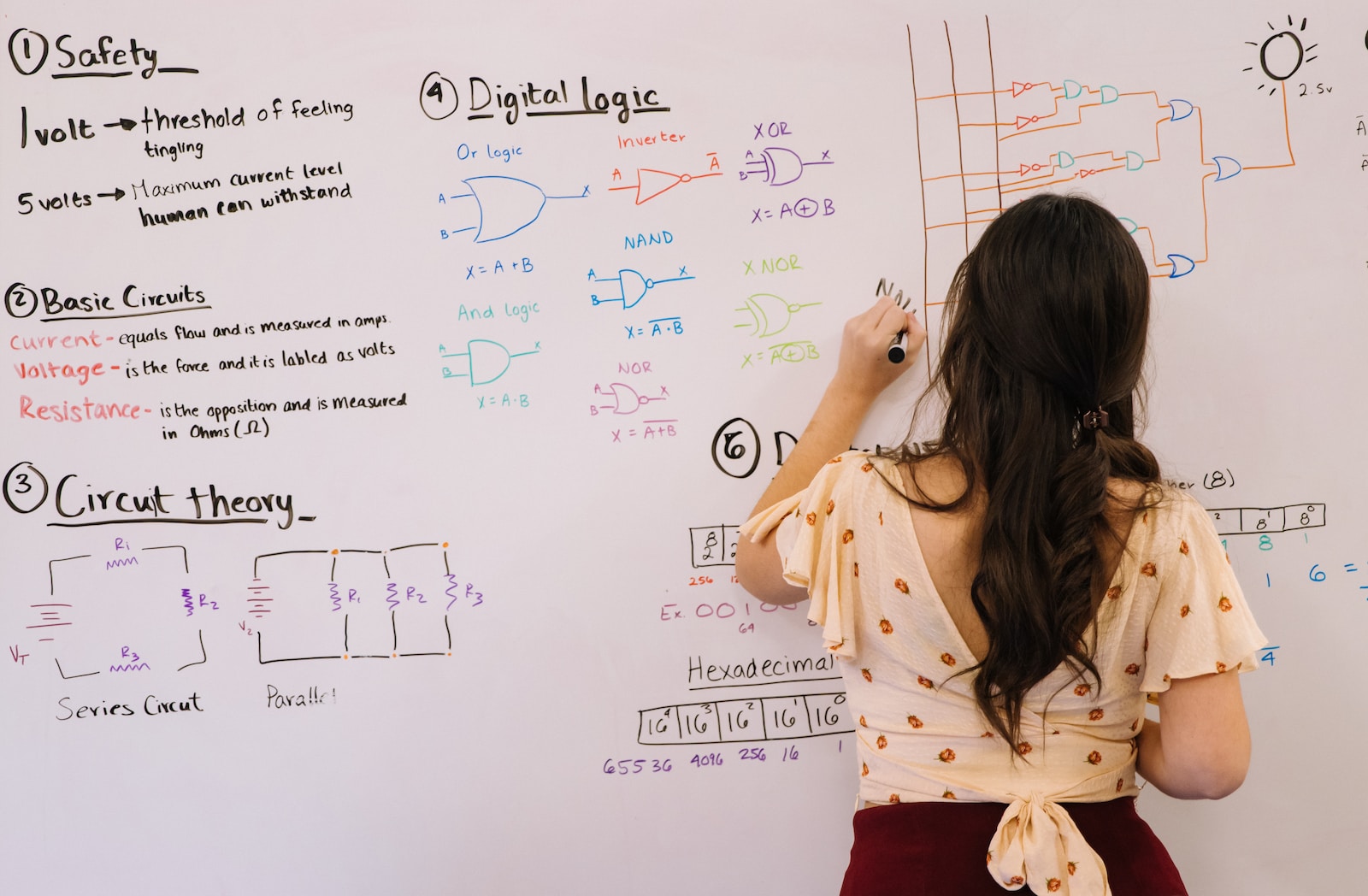Accounting is a good career field, with positive job growth and a generally high median wage. However, some of the best perks of the occupation are reserved for accountants who go the extra mile to attain their Certified Public Accountant (CPA) license. You don’t necessarily need an advanced degree to become a CPA, because a bachelor’s degree is technically sufficient. However, you may need to be in school for longer than the typical four years required to complete your undergraduate studies.
Life as a Certified Public Accountant
CPAs handle many different types of accounting tasks. As the name implies, most CPAs work in public accounting. They work with different clients, including individuals, companies and government entities, producing financial reports that their clients are legally required to submit. Some CPAs specialize in tax forms, while others perform auditing tasks, look for fraud as forensic accountants or act as business consultants.
Becoming a CPA can open new doors for accounting professionals. The credential is typically required to move into senior roles, such as partner of an established accounting firm. Even management roles within an accounting firm me be open only to candidates with a CPA license. If you are a self-employed accountant, having your CPA license can help you attract new clients. Your salary, too, is likely to see a boost from becoming a CPA. The Association of International Certified Public Accountants (AICPA) reports that throughout their careers, CPAs can expect to earn 10 to 15 percent more than their peers with similar job duties and years of experience in similar employment settings.
Those extra earnings add up to a great deal of money – on average, more than $1 million above what accountants who aren’t CPAs earn over a lifetime, according to the Accounting Institute for Success.
Degree and Semester Hour Requirements for CPAs
Each state in the U.S. has its own set of requirements that aspiring CPAs must meet before they can take the exam and attain certification. However, the basic education and experience requirements among most states are similar. For example, nearly every state requires CPA candidates to have a bachelor’s degree, according to the United States Bureau of Labor Statistics (BLS). That bachelor’s degree doesn’t necessarily have to be in accounting, but most states also have minimum requirements for formal accounting coursework.
However, most of the U.S. has adopted an additional education requirement for CPAs: 150 semester hours of college studies. While the semester hours taken while earning that bachelor’s degree certainly count toward this requirement, they aren’t enough. A traditional bachelor’s degree program requires just 120 semester hours of study, leaving future CPAs with an additional 30 semester hours, or one year of full-time coursework, to complete.
RELATED: How Long Does It Take to Get a Business Degree?
The experience required to become a CPA varies from state to state, but typically you need at least two years of work experience in public accounting, according to the AICPA.
Filling the Gap Between a Bachelor’s Degree and 150 Semester Hours
If you plan on becoming a CPA, deciding how you will meet this 150-semester hour requirement sooner rather than later can help you make the best education and career choices. Some students spend an extra year as undergraduates, pursuing a double major in another topic that interests them or, even better, a topic that compliments their accounting education. You can also choose to take courses at the undergraduate or graduate level without working toward an additional degree. Some cost-conscious accountants meet their CPA requirements by taking more affordable courses at a community college rather than a four-year university or graduate school.
One very popular way to meet this additional education requirement is by going to graduate school. Earning a master’s degree, either in accounting or business administration, can help students expand their job opportunities further by preparing them for management roles or allowing them to gain specialized knowledge and skills that they wouldn’t have attained from an undergraduate education. Some master’s degree programs also focus on preparing students for the challenges of the four-part CPA exam, a notoriously difficult professional exam. While a master’s degree typically requires two years of study, many master’s programs in accounting offer a modified schedule or an accelerated dual degree option so that students can complete their undergraduate and graduate education in just five years total – the same amount of time needed to sit for the CPA exam.
Some of the best double majors for accounting students include finance, law and computer information systems.
Additional Resources
How Long Do You Have to Go to School to Become a CPA?
How Advanced Does My Degree in Accounting Need to Be to Get a Good Job?
What Should You Know When You Interview for a Job as a CPA?
What Kind of Job Can You Get With a Degree in Accounting?
What Is the Salary Potential for a Certified Public Accountant (CPA)?
How Long Does It Take to Get a Degree in Accounting?
What Are My Degree Choices in Fraud Analysis?
What Are the Highest-Paying Jobs With an Associates Degree in Accounting?

